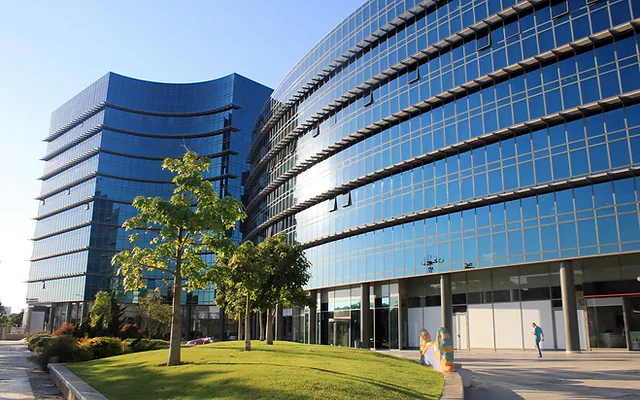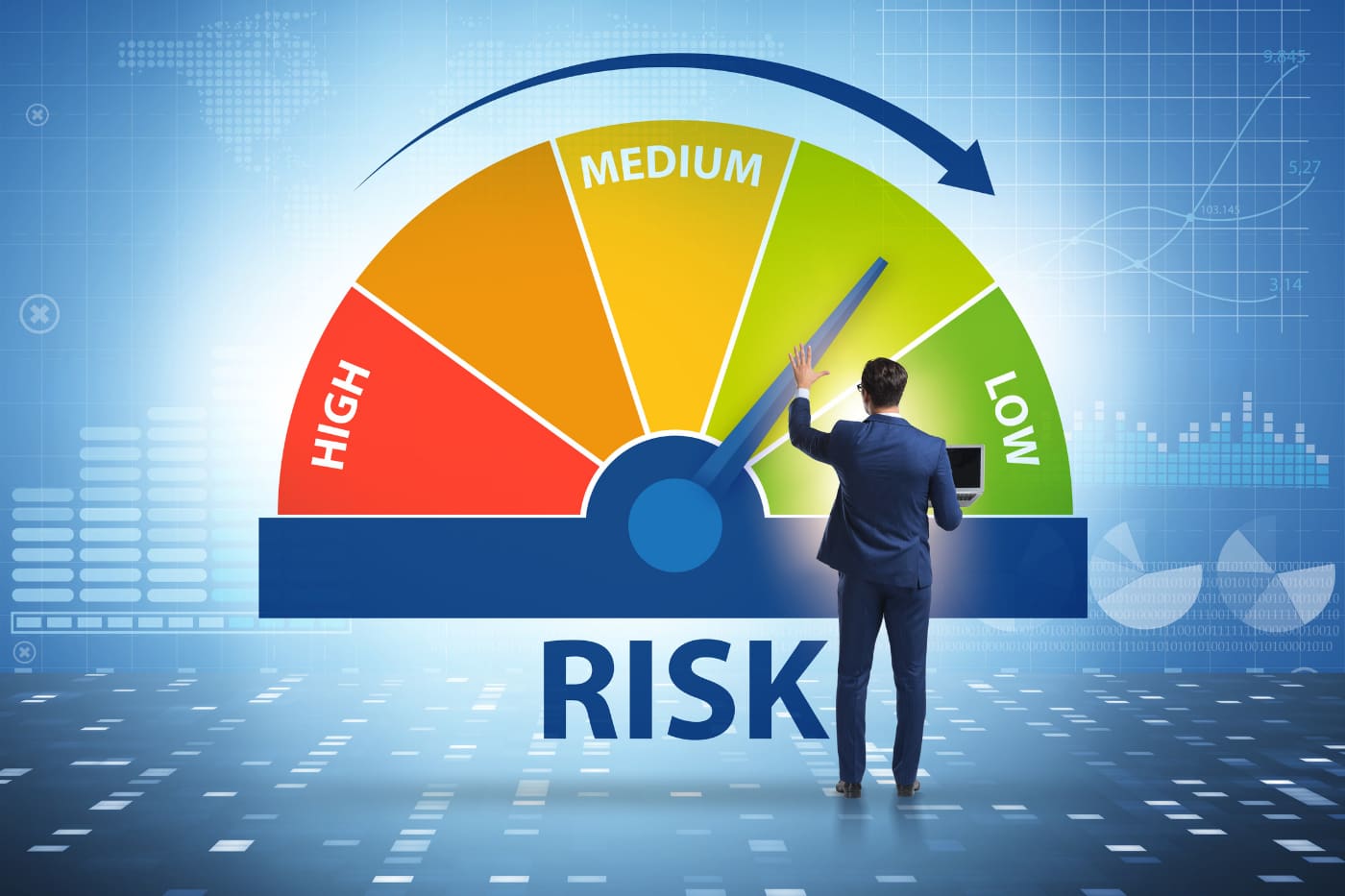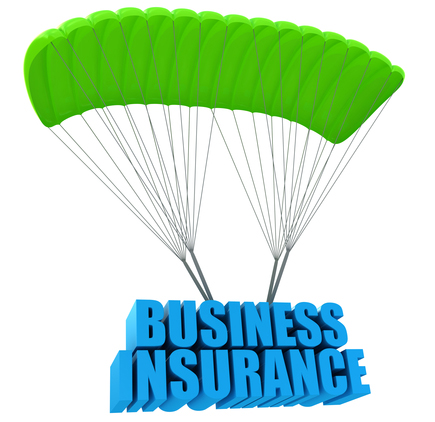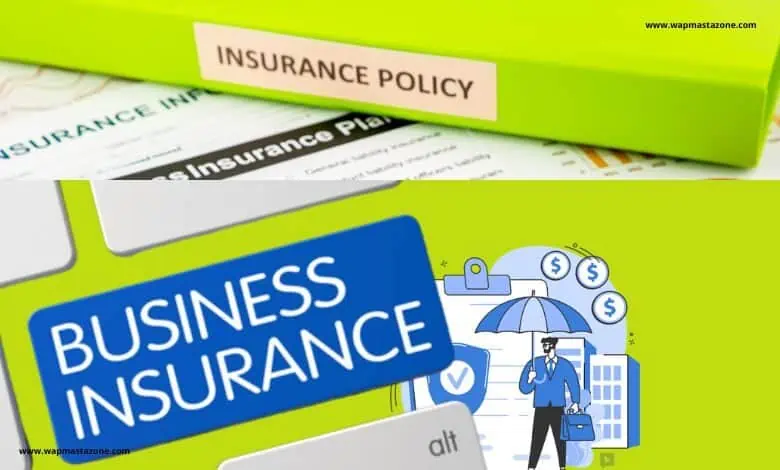Commercial Property Insurance Protecting Your Business Assets in the dynamic world of business, risks are an inherent part of the game. From natural disasters to unexpected accidents, various unforeseen events can jeopardize a business’s physical assets. That’s where commercial property insurance comes into play. This vital insurance coverage safeguards a business’s physical assets, providing financial protection when the unexpected occurs. In this comprehensive guide, we will delve into the intricacies of commercial property insurance, exploring its importance, components, benefits, and the considerations every business owner should keep in mind.
The Importance of Commercial Property Insurance
Owning and operating a business often involves substantial investments in physical assets such as buildings, equipment, inventory, and furnishings. These assets are the lifeblood of many enterprises, serving as the foundation upon which their operations rely. Commercial property insurance is designed to protect these valuable assets from a wide range of risks, ensuring business continuity and financial stability.
Coverage Against Perils
Commercial property insurance offers coverage against various perils, which may include:
- Natural Disasters: This includes protection against events like earthquakes, floods, hurricanes, tornadoes, and wildfires. Depending on the location and specific needs of the business, coverage for certain perils may be essential.
- Fire and Smoke Damage: Fires can devastate a business, but property insurance can help cover the cost of repairs or replacements of damaged assets. Smoke damage is often included as it can also lead to significant losses.
- Theft and Vandalism: Businesses can be vulnerable to theft and vandalism, resulting in loss of property and damage. Commercial property insurance can provide compensation in such cases.
- Accidental Damage: Accidents can happen in any workplace. Whether it’s a burst water pipe or a clumsy employee damaging equipment, this insurance can help mitigate the financial impact.
Liability Protection
In addition to protecting physical assets, commercial property insurance often includes liability coverage. This aspect of the policy can be crucial if someone is injured on your business premises or if your property causes damage to another person’s property. Liability coverage can help pay for legal expenses, medical bills, and settlement costs in such cases.
Components of Commercial Property Insurance
Commercial property insurance policies typically consist of several key components, each of which plays a vital role in defining the scope of coverage and the premiums paid. These components include:
Property Covered
The policy will specify the property that is covered, which can include:
- Buildings: This includes coverage for the physical structure of your business premises, including walls, floors, roofs, and any permanently attached fixtures.
- Contents: Contents coverage pertains to the items inside your building, such as furniture, inventory, equipment, and supplies.
- Outdoor Property: Some policies also cover property stored outdoors, such as signs, fences, or landscaping.
Coverage Limits
Commercial property insurance policies have coverage limits, which indicate the maximum amount the insurer will pay for a covered loss. It’s essential to carefully assess your business’s needs and choose coverage limits that adequately protect your assets without overpaying for coverage you don’t need.
Deductibles
A deductible is the amount you must pay out of pocket before your insurance coverage kicks in. Higher deductibles typically result in lower premiums, while lower deductibles mean higher premiums. Business owners should carefully consider their deductible levels to strike the right balance between cost and coverage.
Valuation Methods
Commercial property insurance policies use different methods to determine the value of covered property, including:
- Actual Cash Value (ACV): ACV takes into account depreciation, meaning you’ll receive a payout based on the current market value of the property.
- Replacement Cost Value (RCV): RCV provides coverage for the cost of replacing damaged or destroyed property with new items of the same kind and quality, without accounting for depreciation.
- Agreed Value: Some policies allow you to agree upon a specific value for your property in advance. This value is then used to determine payouts in the event of a covered loss.
Benefits of Commercial Property Insurance
Investing in commercial property insurance offers numerous benefits that contribute to the long-term sustainability and security of your business:
Business Continuity
One of the most significant benefits of commercial property insurance is its role in maintaining business continuity. When unexpected events lead to property damage or loss, insurance coverage can provide the funds necessary to repair or replace assets, allowing your business to resume operations as quickly as possible.
Financial Protection
Without adequate insurance coverage, the cost of repairing or replacing damaged property can be financially devastating. Commercial property insurance acts as a safety net, protecting your business from bearing the full brunt of these expenses and helping to maintain your financial stability.
Peace of Mind
Knowing that your business assets are protected provides peace of mind to business owners. This peace of mind allows you to focus on your core operations and growth rather than worrying about the potential financial repercussions of property damage.
Liability Coverage
The liability coverage included in many commercial property insurance policies is invaluable. In the litigious environment of today’s business world, even minor accidents or incidents can result in costly legal proceedings. Liability coverage helps shield your business from these potential financial burdens.
Competitive Advantage
Having commercial property insurance can also be a competitive advantage. It demonstrates to clients, partners, and investors that your business is prepared for unforeseen events and is committed to safeguarding its assets. This can enhance your reputation and credibility in the market.
Considerations When Purchasing Commercial Property Insurance
When purchasing commercial property insurance, business owners should carefully evaluate their needs and consider the following factors:
Property Assessment
Conduct a thorough assessment of your business property to determine its value accurately. This assessment should include buildings, contents, equipment, and any other assets that need coverage. Underestimating the value of your assets can lead to inadequate coverage in the event of a loss.
Location and Risk Assessment
The location of your business can significantly impact the types of risks you face. Consider the local climate, proximity to potential hazards (such as flood zones or earthquake-prone areas), and the security of the area. Insurance premiums can vary based on these factors.
Coverage Specifics
Work closely with your insurance provider to understand the specific coverage options available and tailor the policy to your business’s needs. Ensure that you have coverage for the perils most relevant to your location and industry.
Deductible Selection
Carefully weigh the pros and cons of different deductible levels. While a higher deductible can lower your premiums, it also means you’ll pay more out of pocket in the event of a claim. Select a deductible that aligns with your budget and risk tolerance.
Liability Coverage
Consider the amount of liability coverage your business needs. The appropriate level of coverage depends on factors such as the nature of your operations, the number of employees and customers on your premises, and the potential risks associated with your business activities.
Business Interruption Insurance
In addition to property coverage, consider adding business interruption insurance to your policy. This coverage can help compensate for lost income and additional expenses incurred during the downtime resulting from a covered loss.
Review and Updates
Regularly review and update your commercial property insurance policy as your business evolves. Changes such as expansions, acquisitions, or the purchase of new equipment may necessitate adjustments to your coverage to ensure continued protection.
Comparison Shopping
Conclusion on Commercial Property Insurance
Commercial property insurance is a critical tool for protecting your business’s physical assets and ensuring its long-term success. By safeguarding your property against a wide range of perils, providing liability coverage, and offering peace of mind, this type of insurance is a fundamental component of risk management for any business. Careful consideration of your specific needs and a thorough evaluation of policy options are essential steps in securing the right commercial property insurance for your enterprise. With the right coverage in place, you can confidently navigate the unpredictable terrain of the business world, knowing that your assets and livelihood are protected.






